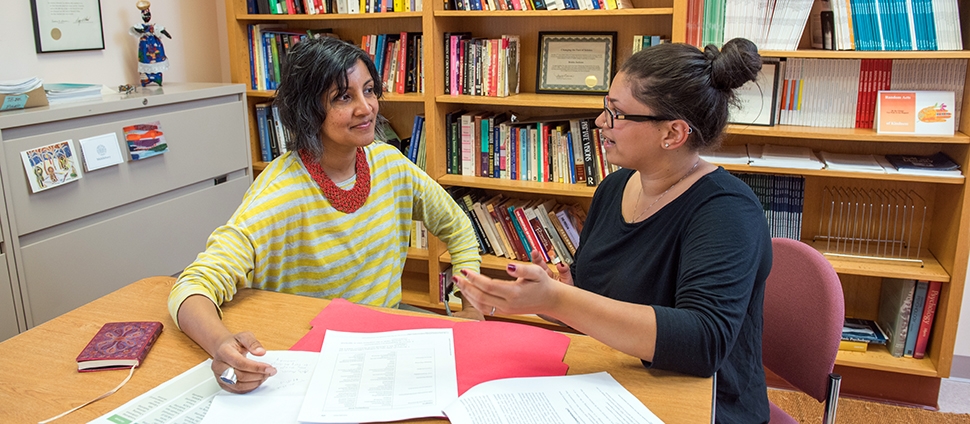Document Type
Article
Publication Date
9-1-2003
Publication Title
Journal of Experimental Psychology: Learning Memory and Cognition
Abstract
Three studies examined effects of different response measures on spatial updating during self-rotation. In Experiment 1, participants located objects in an array with a pointer after physical self-rotation, imagined self-rotation, and a rotation condition in which they ignored superfluous sensorimotor signals. In line with previous research, updating performance was found to be superior in the physical self-rotation condition compared with the other 2. In Experiment 2, participants performed in identical movement conditions but located objects by verbal labeling rather than pointing. Within the verbal modality, an advantage for updating during imagined self-rotation was found. In Experiment 3, participants performed physical and imagined self-rotations only and used a pointing response offset from their physical reference frames. Performance was again superior during imagined self-rotations. The results suggest that it is not language processing per se that improves updating performance but rather a general reduction of the conflict between physical and projected egocentric reference frames.
Volume
29
Issue
5
First Page
993
Last Page
1005
DOI
10.1037/0278-7393.29.5.993
ISSN
02787393
Rights
Copyright 2003 by the American Psychological Association, Inc.
Version
Version of Record
Recommended Citation
Wraga, Maryjane, "Thinking Outside the Body: An Advantage for Spatial Updating during Imagined Versus Physical Self-Rotation" (2003). Psychology: Faculty Publications, Smith College, Northampton, MA.
https://scholarworks.smith.edu/psy_facpubs/138


